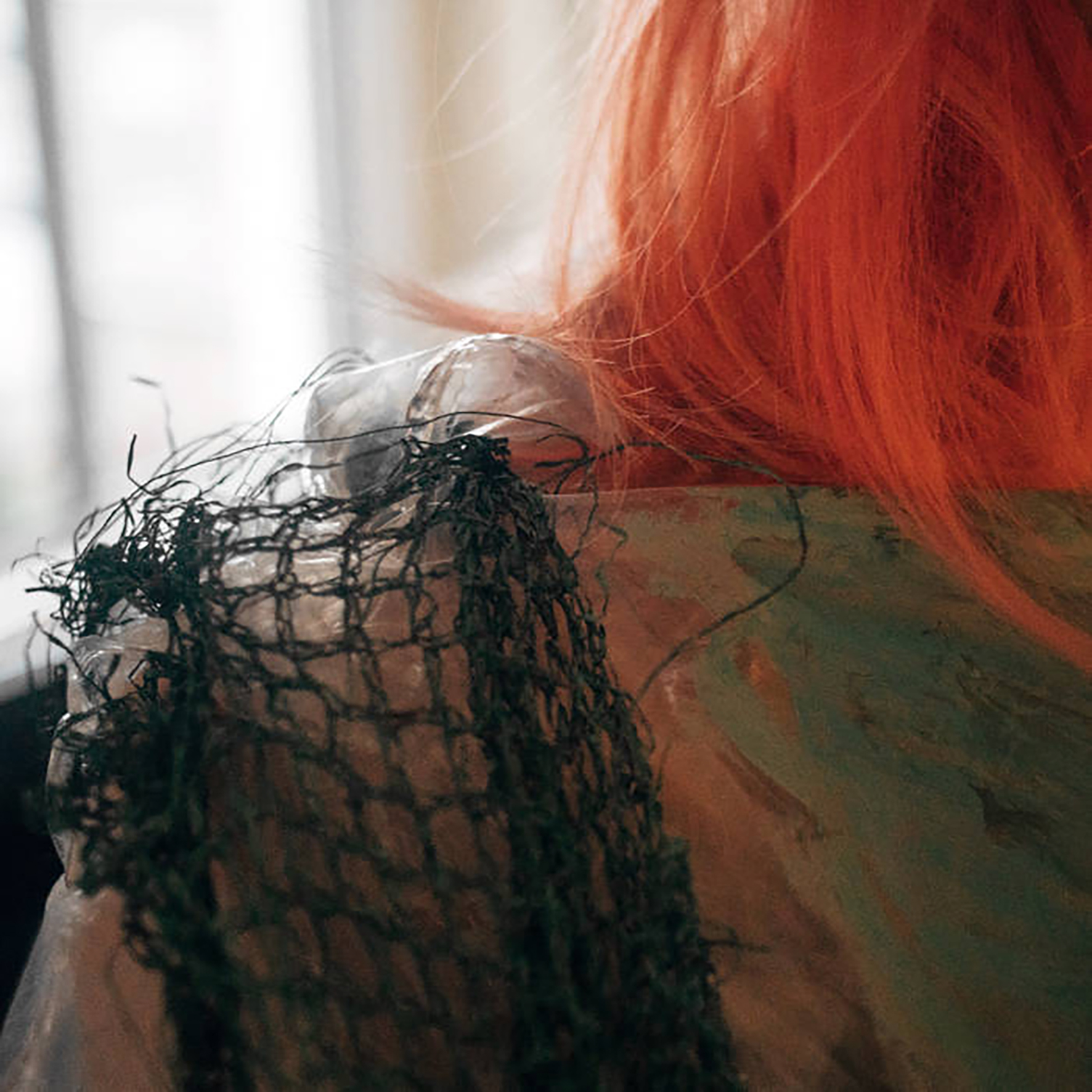
Anne Guthrie's third album for Students of Decay continues her trend of significantly transforming her vision with each new release, though the arc of her albums does consistently suggest an increasing aversion to conventional structure and musicality. In practical terms, that means that Gyropedie was primarily assembled from field recordings, though Guthrie's French horn does make a few ghostly and well-timed appearances. Notably, the sounds that Guthrie collected are entirely diaristic in nature ("quite literally a record of pilgrimage from East to West"), as she recorded and collaged a host of ephemeral and meaningful moments from her move from New York to California (birds, crunching snow, instruments that she had to sell, etc.). As Guthrie wryly notes in the album description, she found herself "becoming an impressionist." I heartily concur and believe that approach suits her work remarkably well. Given the deliberately abstract and elusive nature of the material, it took me a bit longer to become drawn into Gyropedie than it did for Guthrie's previous releases, but the album's second half contains some of the most tender, distinctive, and quietly beautiful work that she has yet recorded.
The opening "Threading A Closed Loop" is a bold and interesting way to introduce the album, as it slowly rolls in like a mysterious fog of ambient outdoor sounds, plinking strings, distant woodpeckers, murmured voices, bees, and an occasional strangled sound from Guthrie's French horn. It is frankly about as understated and impressionistic as an album can get, but it does gradually cohere into something quite intriguing and evocative (I especially like the part where it sounds like the bees bought a distortion pedal). The following "Hill, Mountain" undergoes a similar trajectory, initially sounding like someone fumbling with a microphone while a woman recites poetry over a distorted radio, but eventually it blossoms into an enigmatic scene that seems to capture the time-stretched sounds of a train passing through a gently hallucinatory landscape of singing birds and metallic drones. I believe the "broken synth" mentioned in the album description makes an appearance as well. Both it and its predecessor are subtly beautiful in their own ways, yet my favorite pieces are the ones that follow. In "Variation on Coral," Guthrie paints a lovely seaside scene, as a slow, lovely French horn melody lazily unfolds over a backdrop of gently gurgling and lapping waves, lysergically smeared chimes, cooing vocals, and a host of other curious sounds. The closing "The Goldbeater’s Skin," on the other hand, sounds like a duet between a quietly plinking and fitfully operational music box and a lovelorn French horn player in a particularly bittersweet mood, but it is further enlivened by an evocative array of breath-like textures and wounded-sounding squeaks and warbles. To my ears, it is unquestionably Gyropedie's most lovely and memorable piece, as the unexpectedly poignant horn melody feels like the beating heart of the album finally being revealed, yet it would not make nearly the same impact without the languorous and dreamlike journey beforehand. Granted, Gyropedie is an album that demands some patience and attentive listening to reveal its full beauty, but its fragile and tender fantasia of memory fragments is well served by that steadily deepening immersion.
Samples can be found here.
Read More

